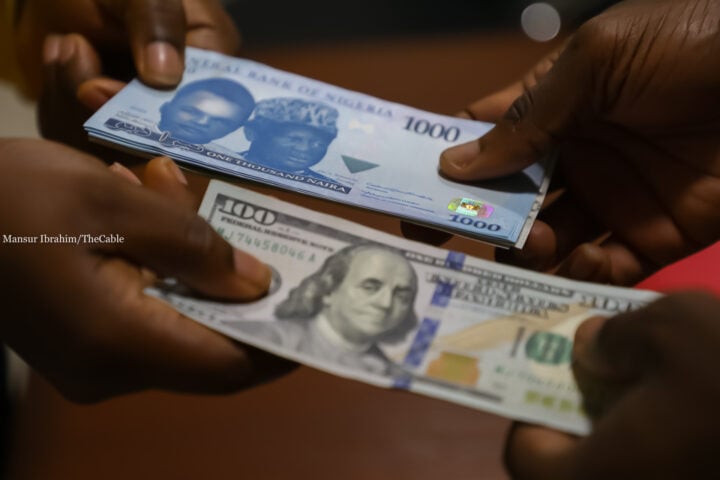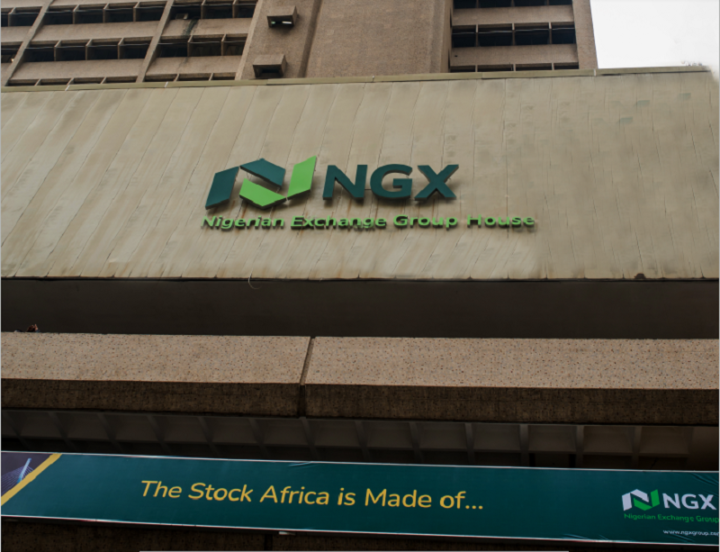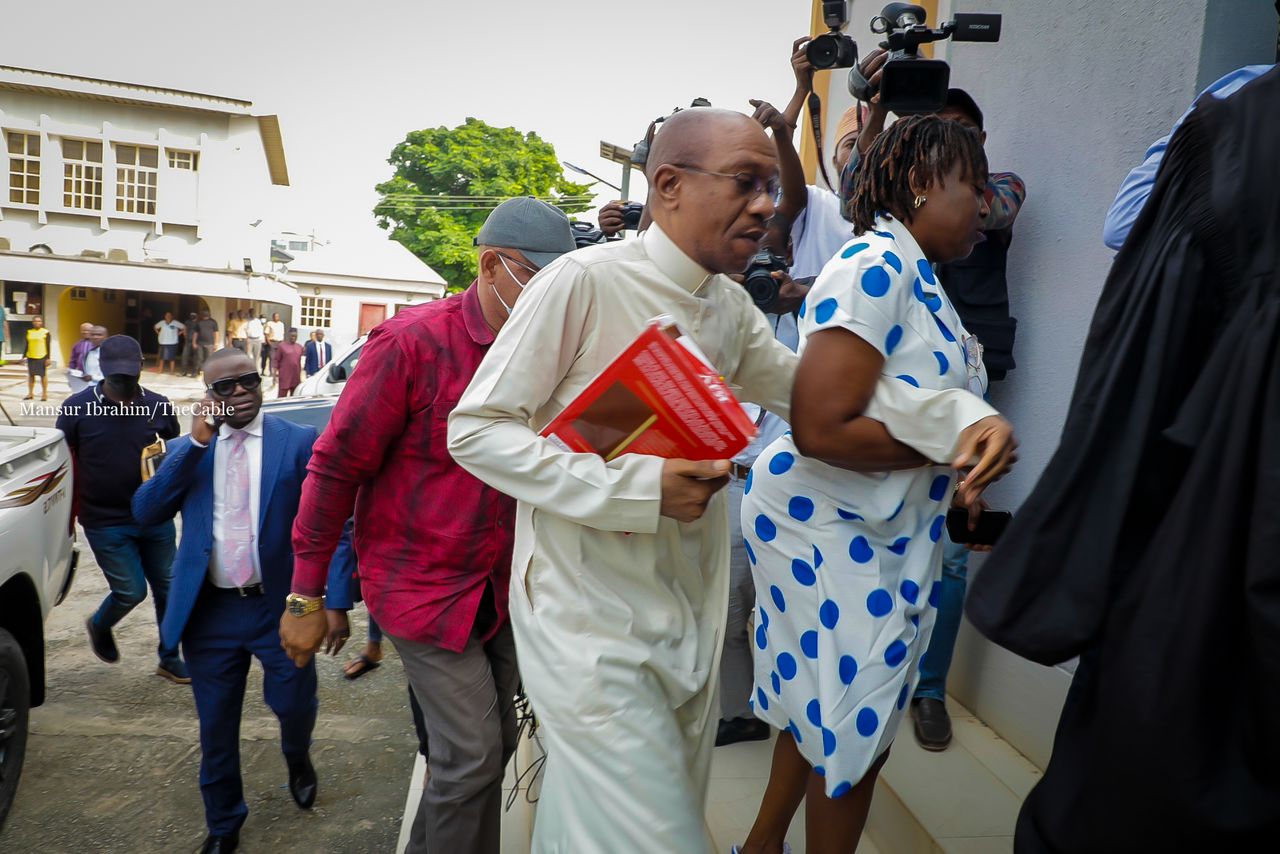In light of the recent naira slump, Agora Policy, an Abuja-based think tank, has suggested a framework that the federal government as well as the Central Bank of Nigeria (CBN), can adopt to stabilise the foreign exchange (FX) adjustments.
In a report on Monday, titled, ‘Steadying Nigeria’s Fledgling Foreign Exchange Reform’, Wale Thompson, a financial analyst, said with “several failed attempts at transitioning to a flexible exchange”, it was time for Nigeria to embrace another.
This attempt, he said, needs to be situated within the context of wider discussions about macroeconomic strategy within the appropriate time frames.
“Mere FX adjustments to adapt to reality may lead to short-lived gains, followed by a return to previous practices,” the analyst said.
Advertisement
“To avoid this cycle, forex and monetary policies should be part of a comprehensive economic plan where the exchange rate serves as a tool for export diversification and for attracting capital flows to foster overall development. Successful fixed-to-floating transitions are characterised by certain key features.”
Thompson also highlighted some viable features that can be adopted by the apex bank and policymakers in the medium and long terms.
They include a broader market, deep liquid markets, consistent focus on price stability, increased transparency and clear communication, as well as a clear framework for FX interventions.
Advertisement
“The long-stated objective of Nigeria’s policymakers is to diversify its export base which, given Nigeria’s labour abundance, distils to ensuring that industrial activity is geared towards the production of exportable goods that use a lot of low-skilled labour that is abundant in Nigeria,” he said.
“To ensure export competitiveness of these non-oil exports, exchange rates policies must look to deliver an extra layer of competitiveness to export prices in a form that favours domestic industries.
“To this end, Nigeria’s FX policy must look to ensure a balance between real exchange rate stability that ensures non-oil export competitiveness and keeps inflation at a level supportive of domestic welfare.”
MORE WORKABLE TOOLS TO UTILISE
Advertisement
Thompson said in creating a workable FX market architecture, Nigerian policymakers must envision a distinct set of supply forces, i.e., multiple FX sources which can be attained by removing all forced sale rights on oil exports presently held by the CBN.
He said the CBN should purchase its dollars like every market participant to manage naira liquidity “at a level consistent with its money supply objectives”.
The financial analyst added that the federal government should look to “divorce CBN control over development finance banks and capitalise these entities to fund underserved sectors of the credit market”, to avoid the egregious abuses over the last five years.
In addition, Thompson said to help proper FX pricing, “Nigeria’s apex bank must work to deliver increased information about demand and supply trends and end the dark ages on critical data on trends across FX markets”.
Advertisement
“The CBN should work with exporters and financial institutions to develop the means for importers to hedge against FX volatility risk to prevent demand front-loading. Nigeria should work actively to ensure that the large USD flows (including remittance flows) equilibrate within the official segments,” he said.
“Thus, there must be a clear operational framework for dealing with periods of external shocks which should include providing temporary US liquidity, interest rate adjustments, communication and FX adjustments.”
Advertisement
Therefore, the policy analyst urged the CBN to be flexible in thinking and be pragmatic to not rule out any options as there are several variants of flexible FX regimes.
On Monday, the financial regulator said it plans to implement new measures to stabilise the naira against the dollar.
Advertisement






